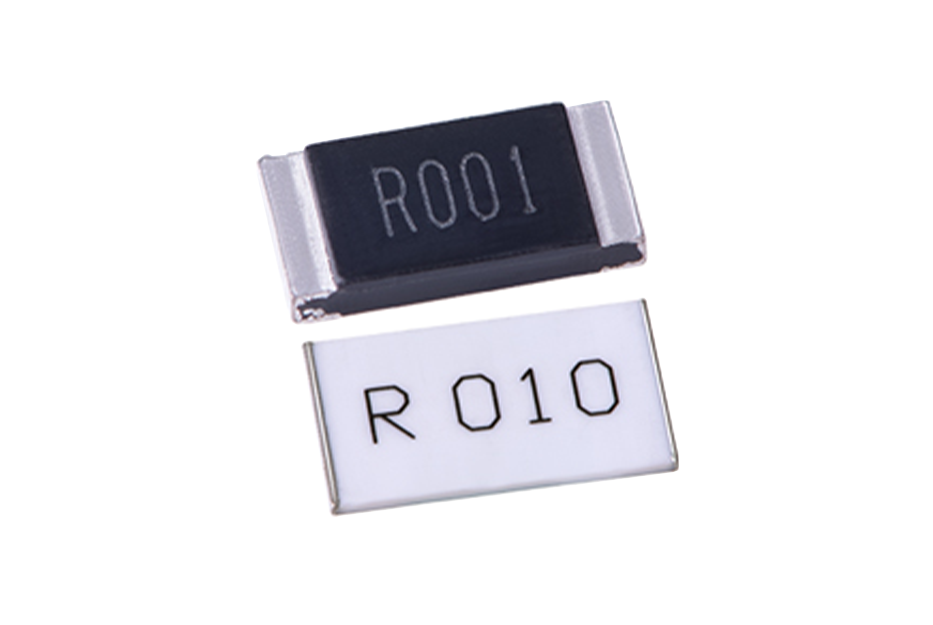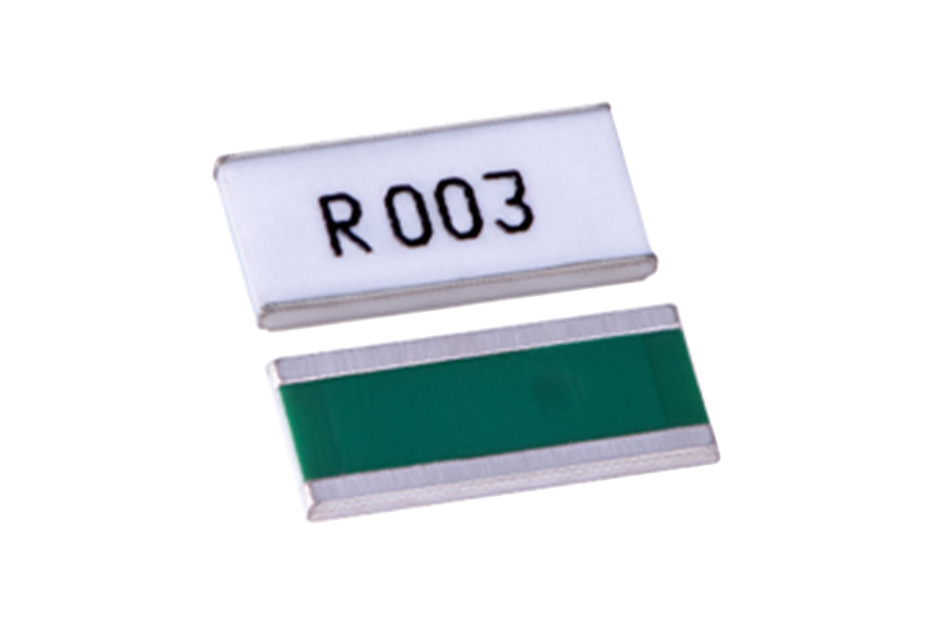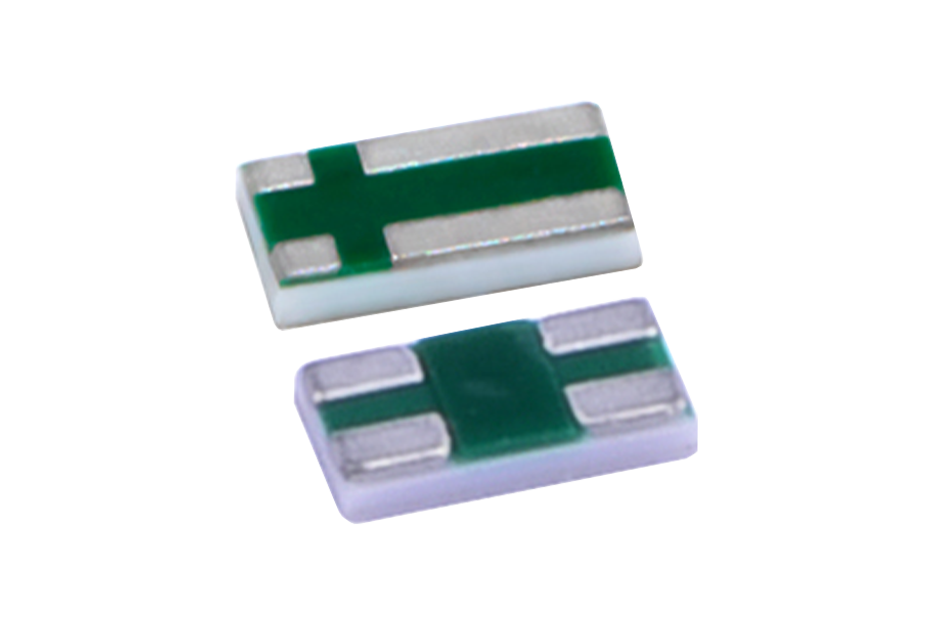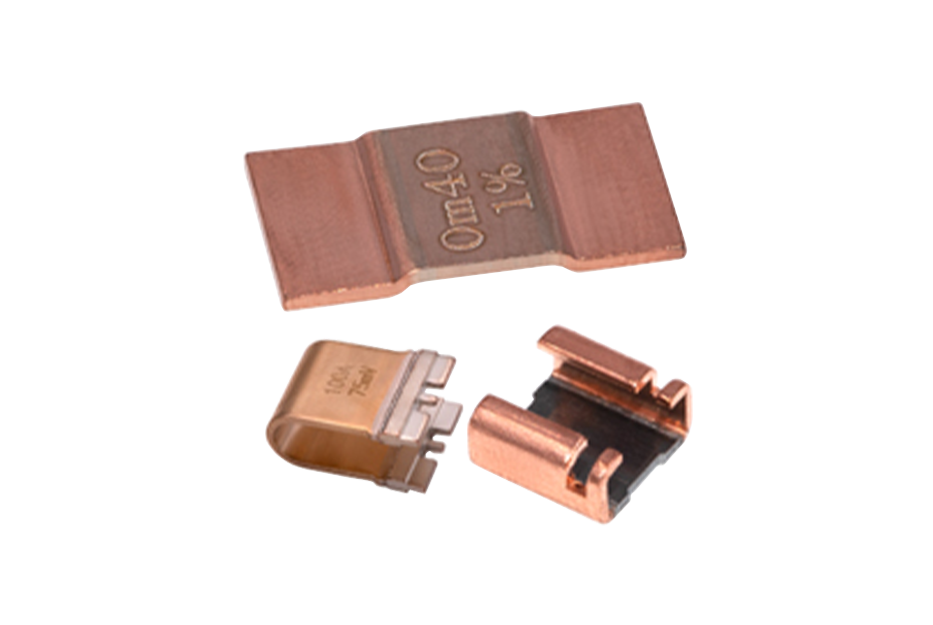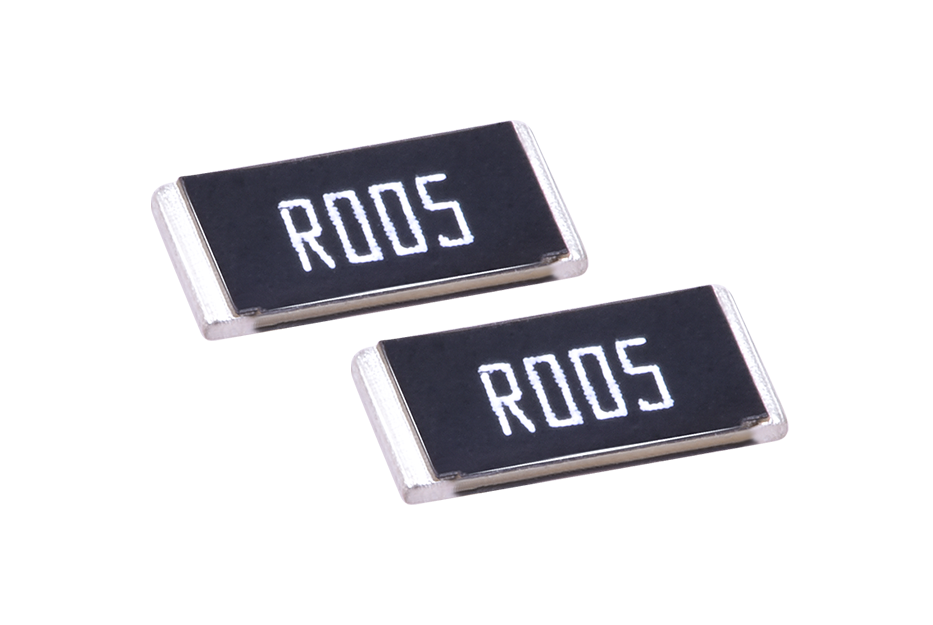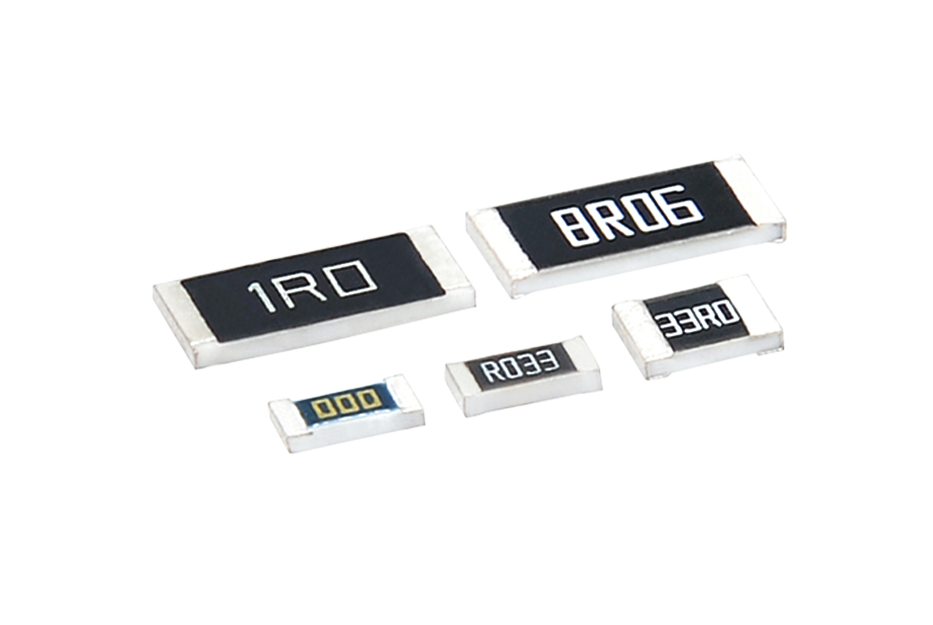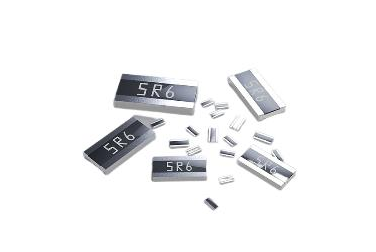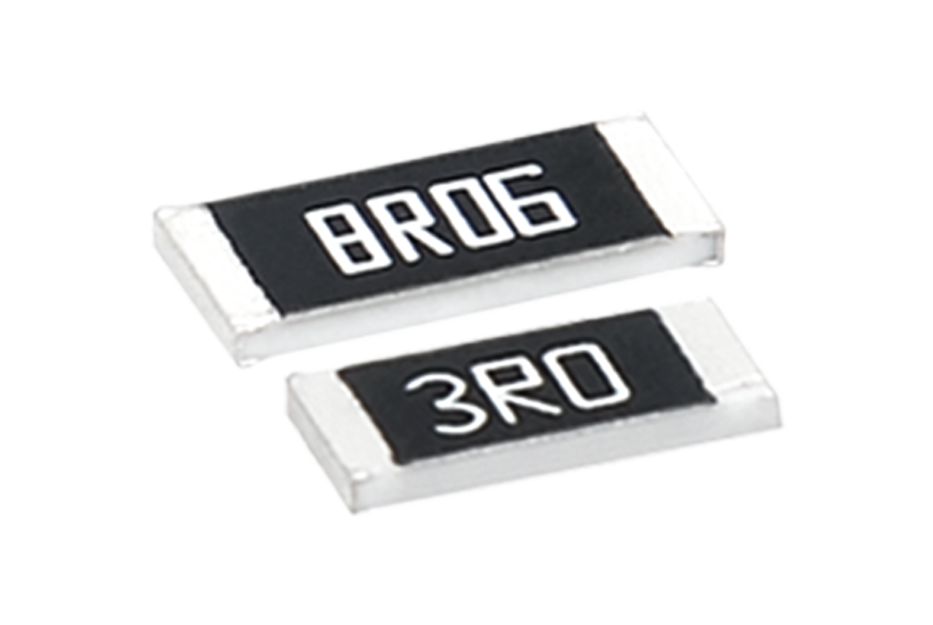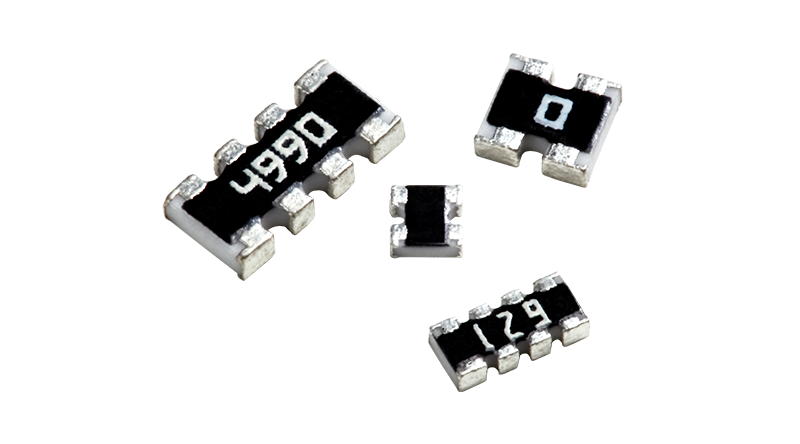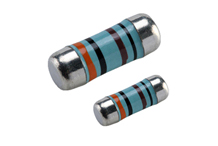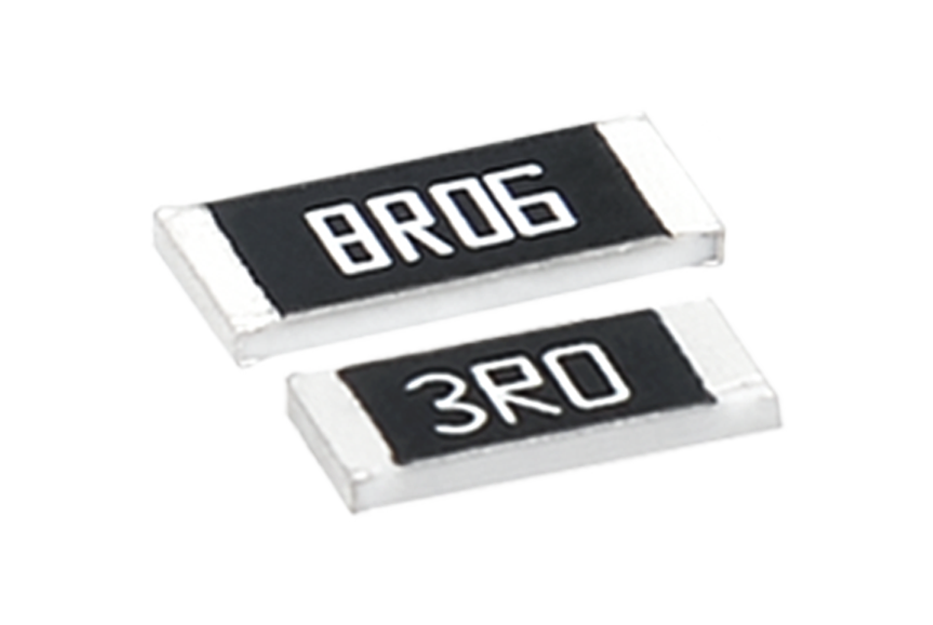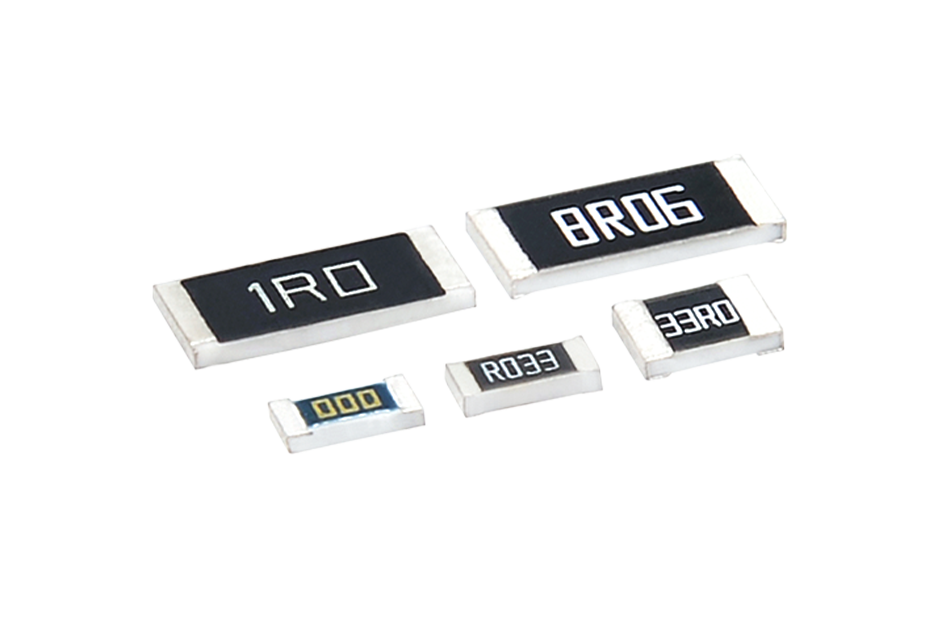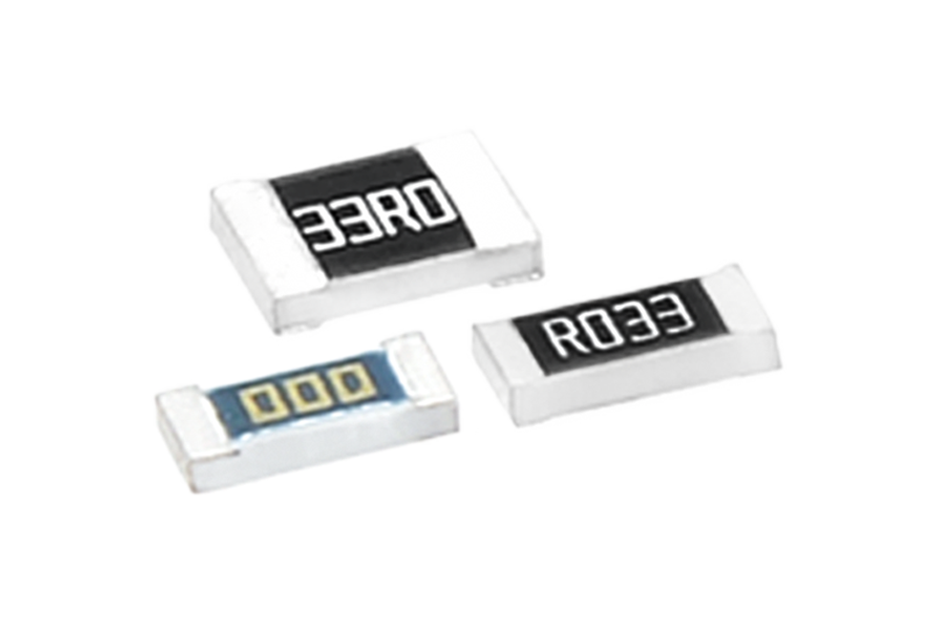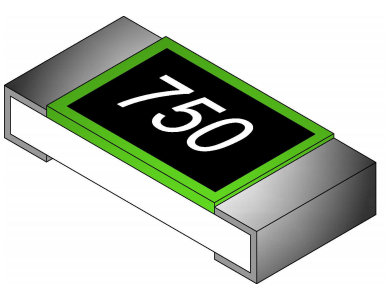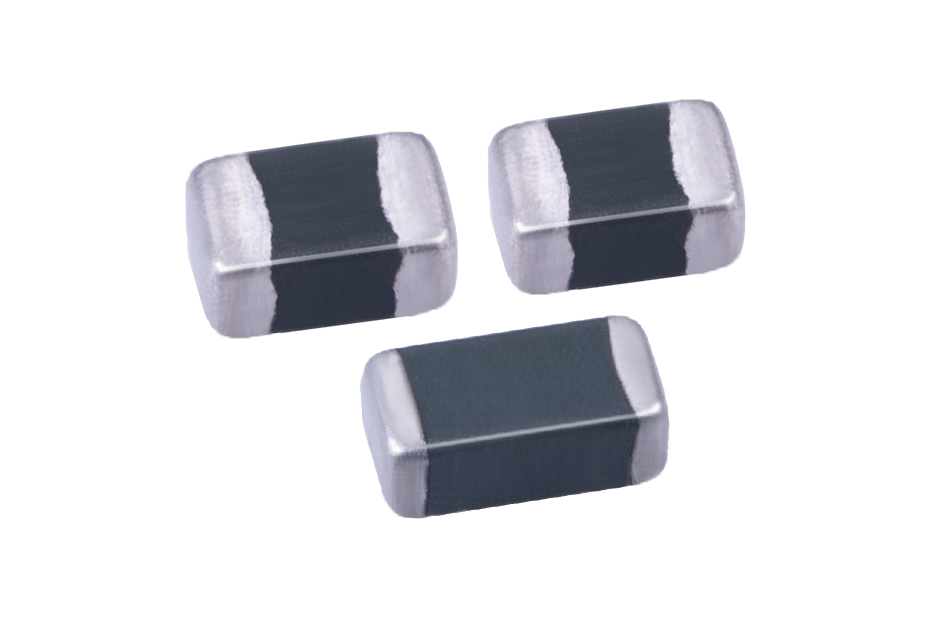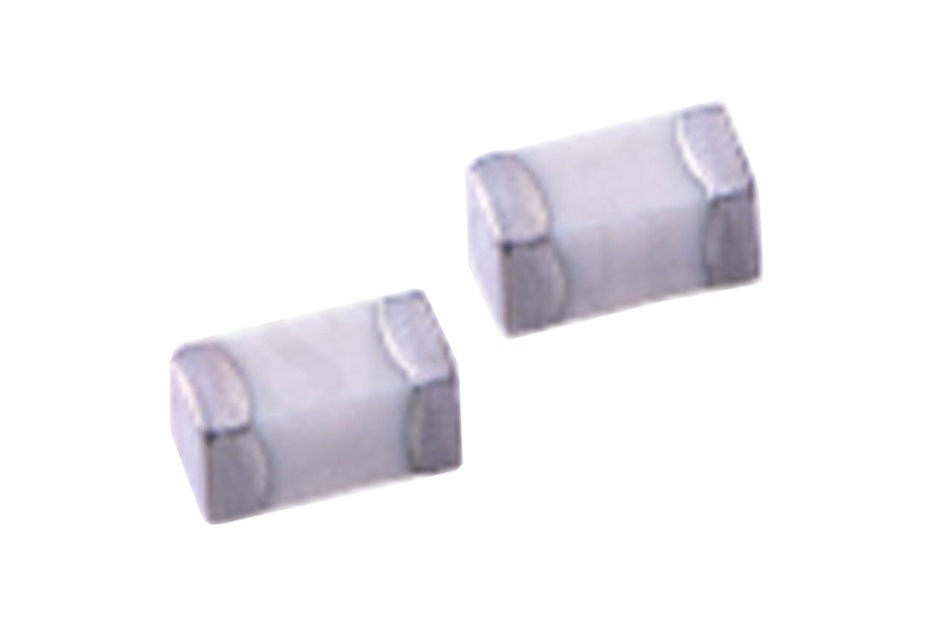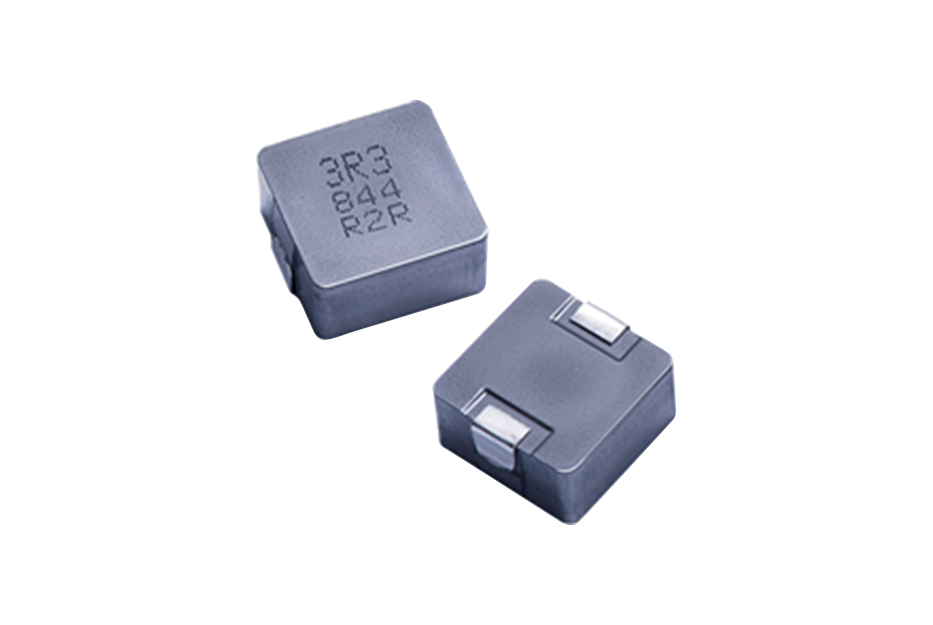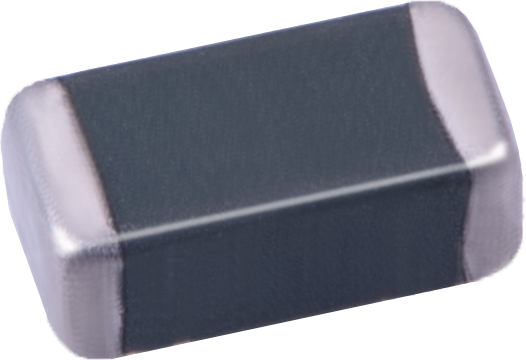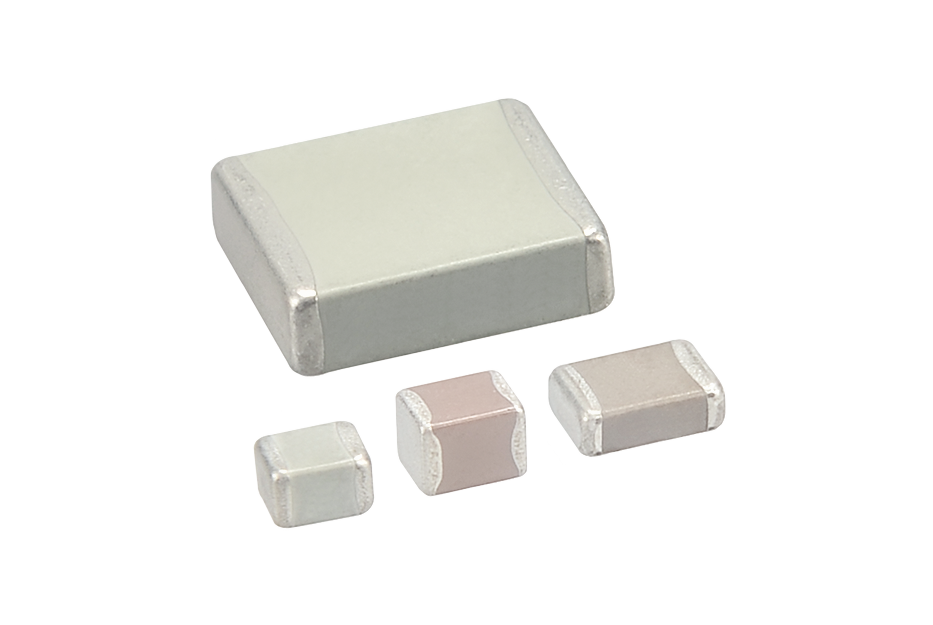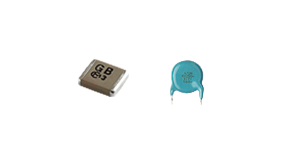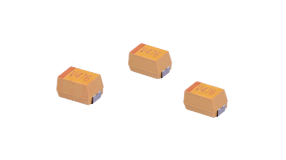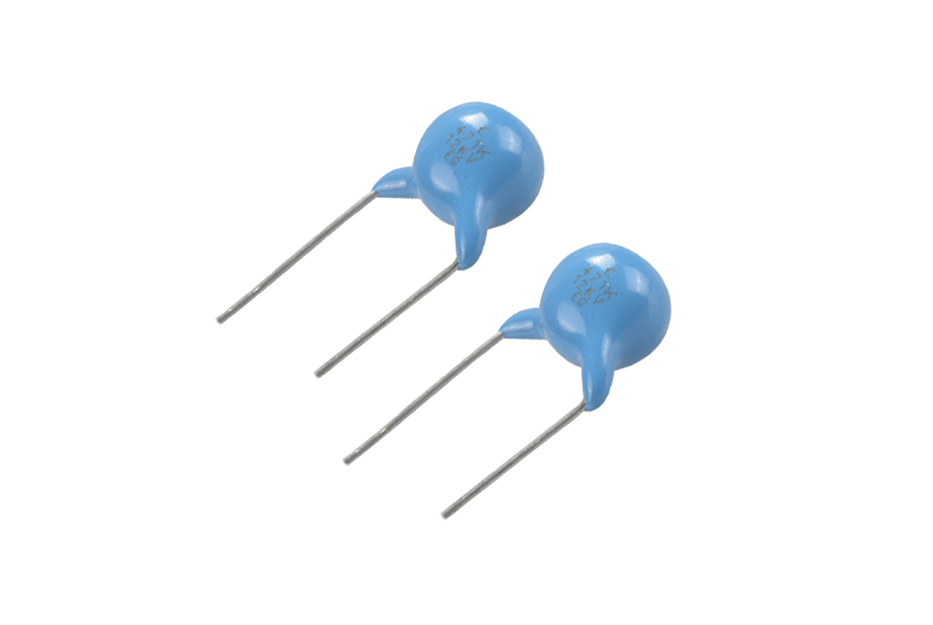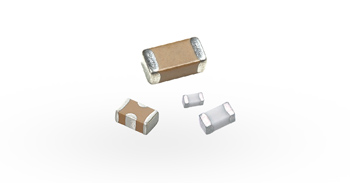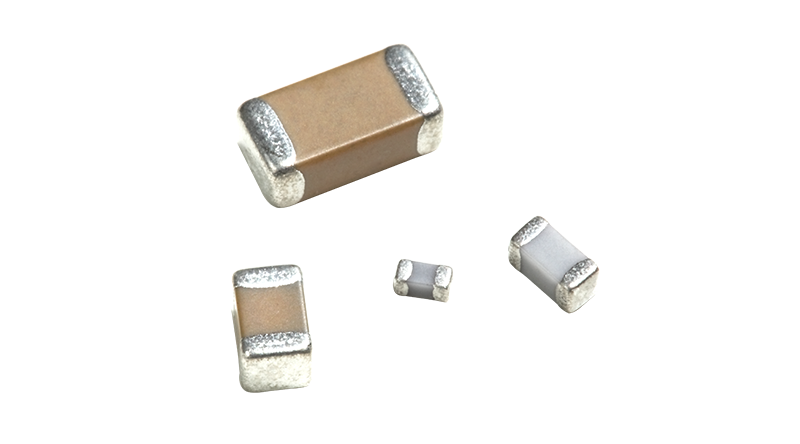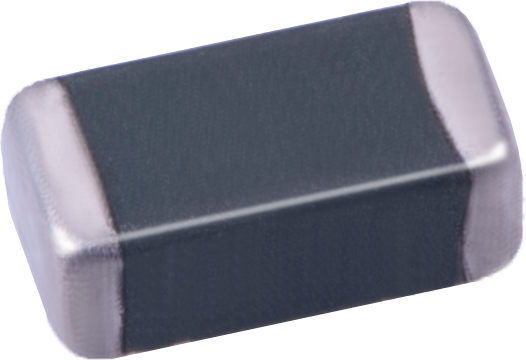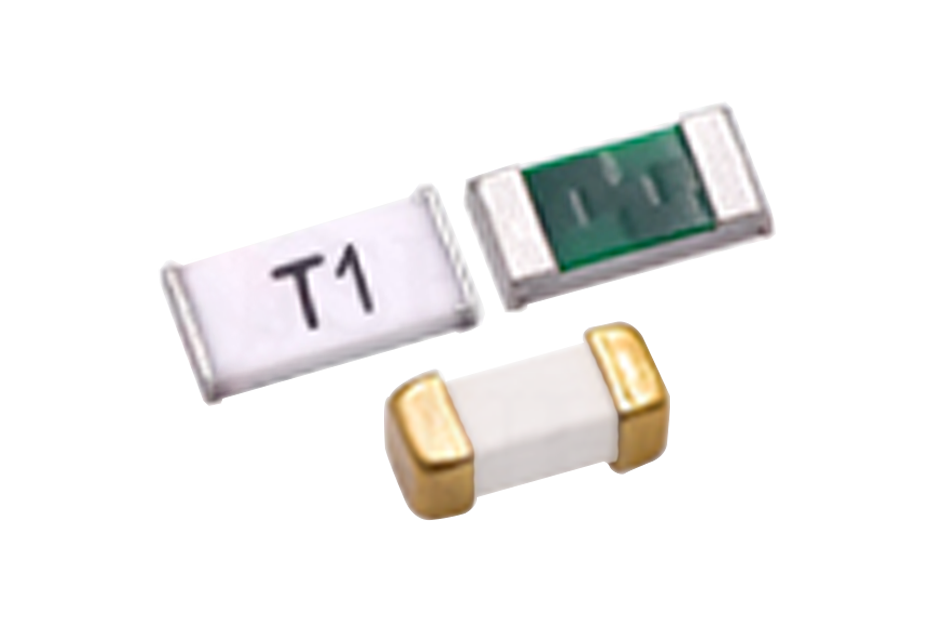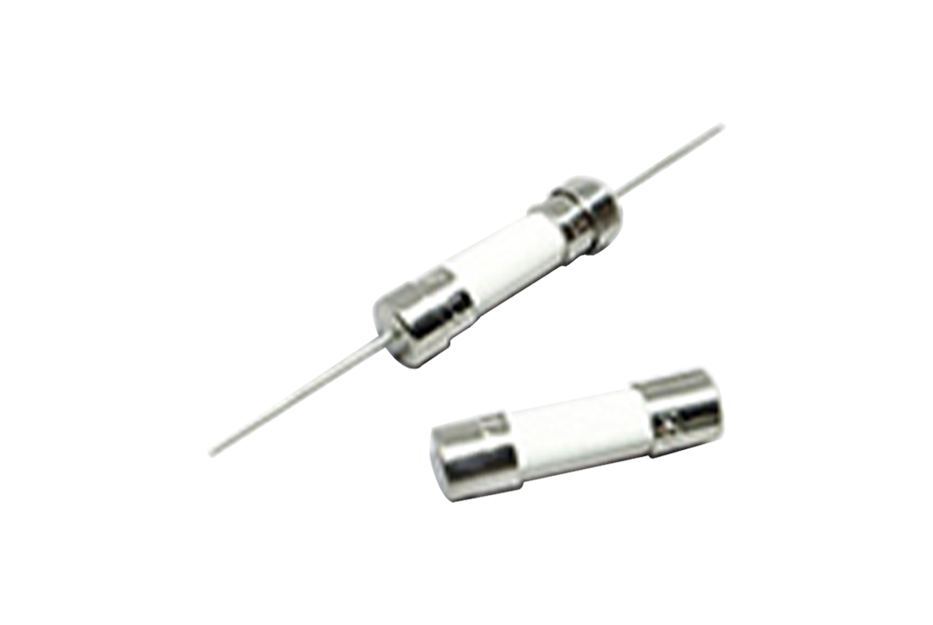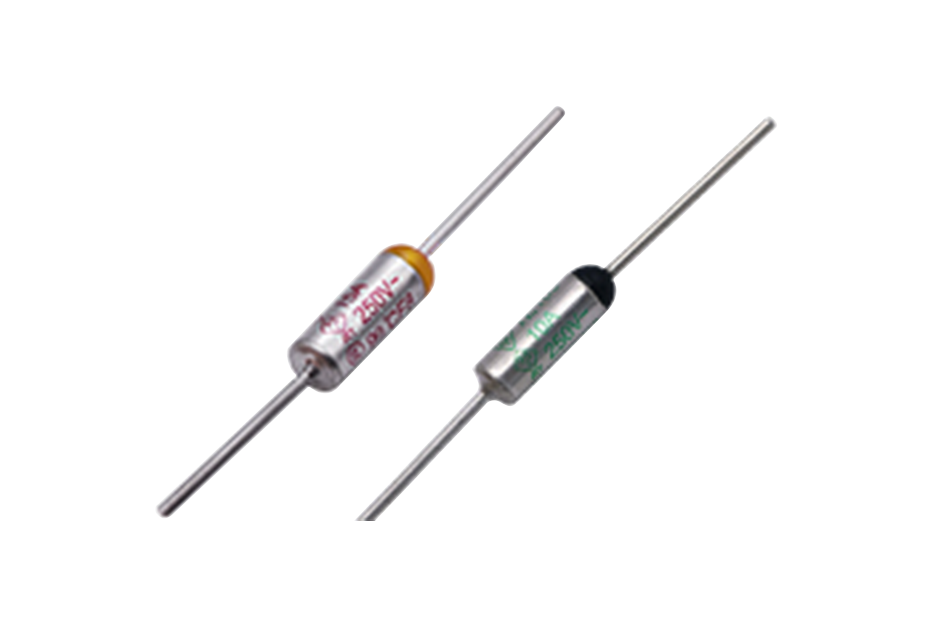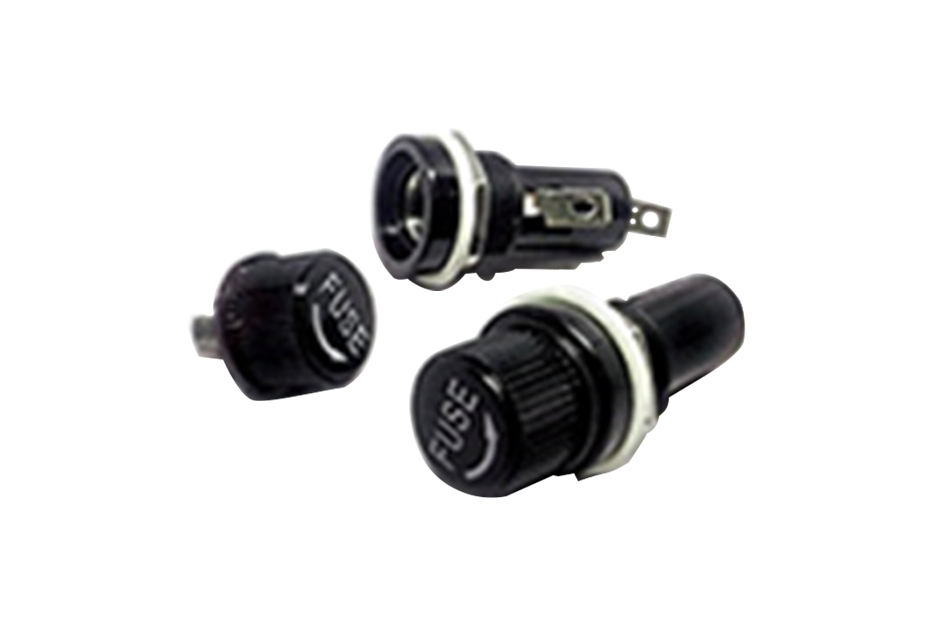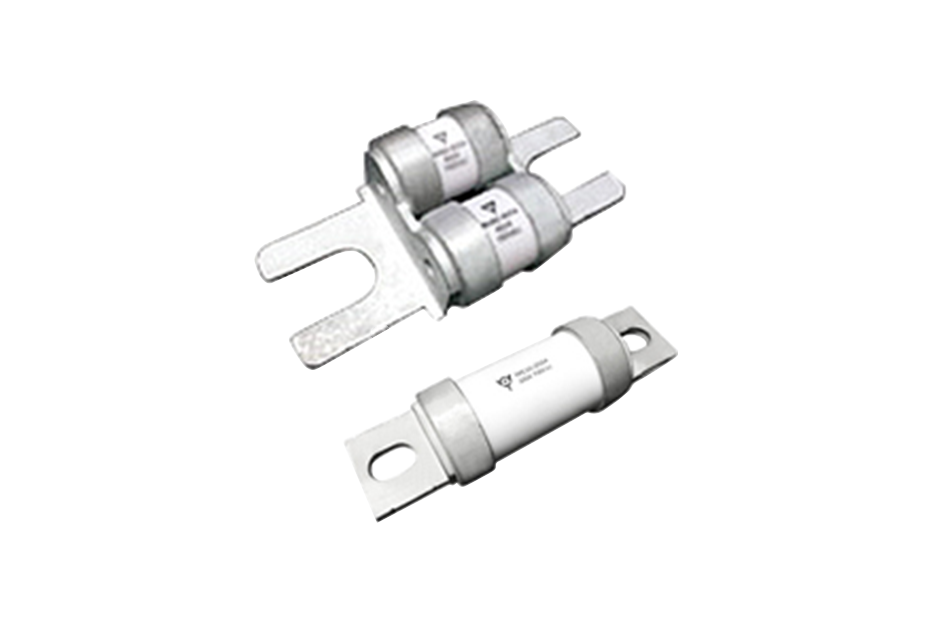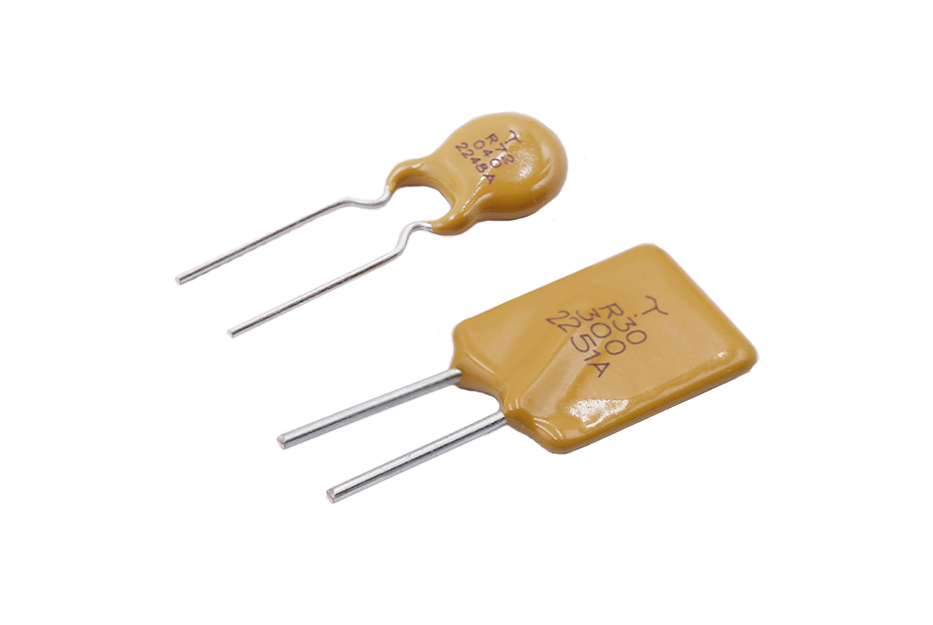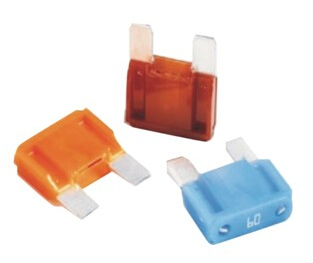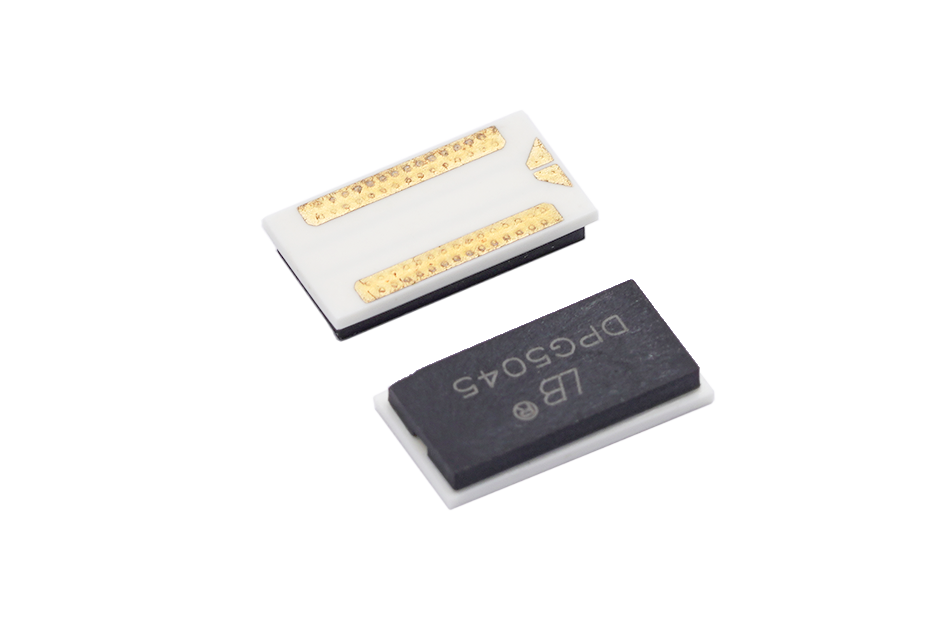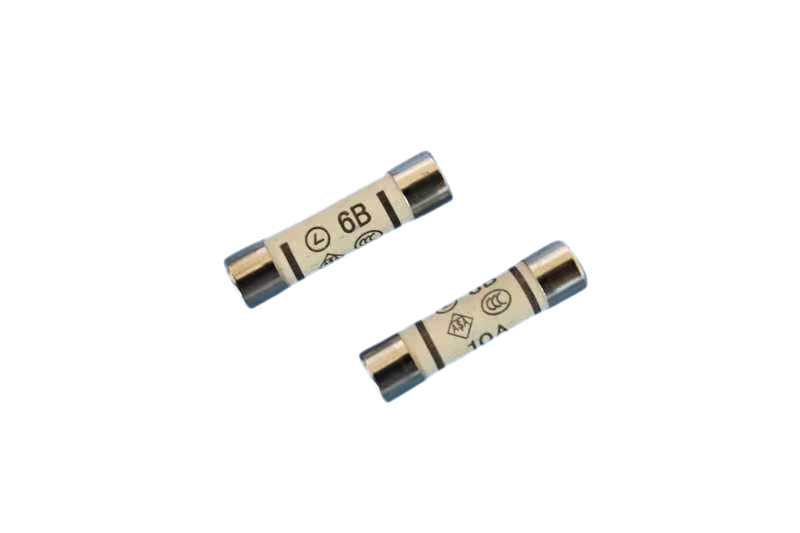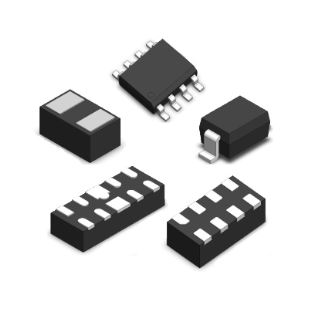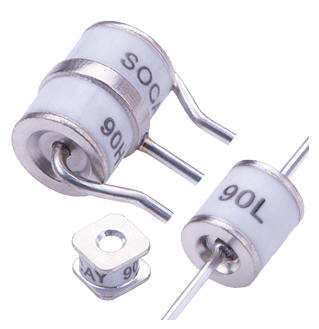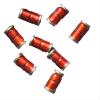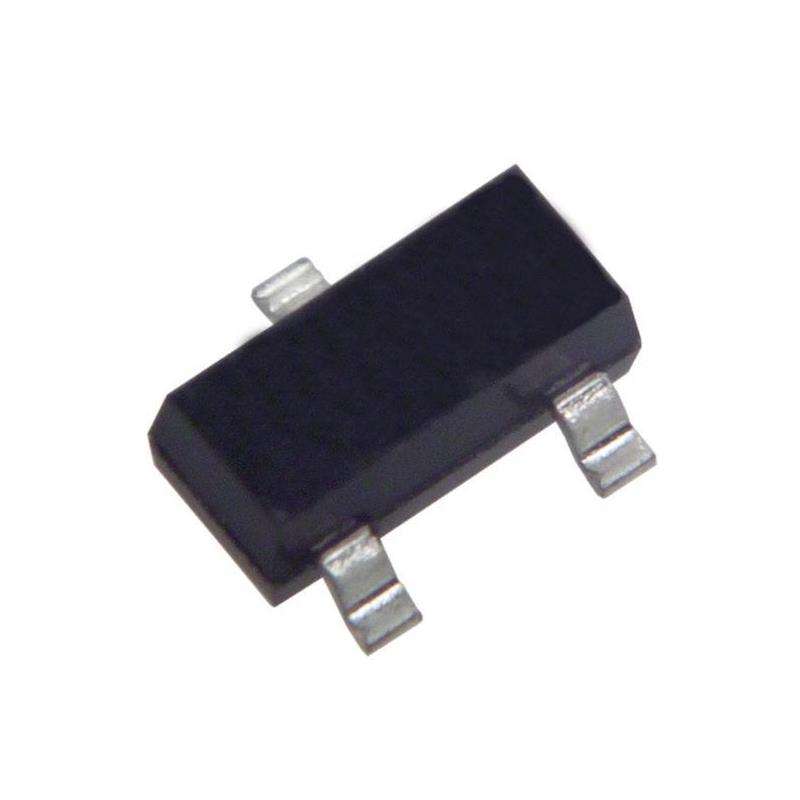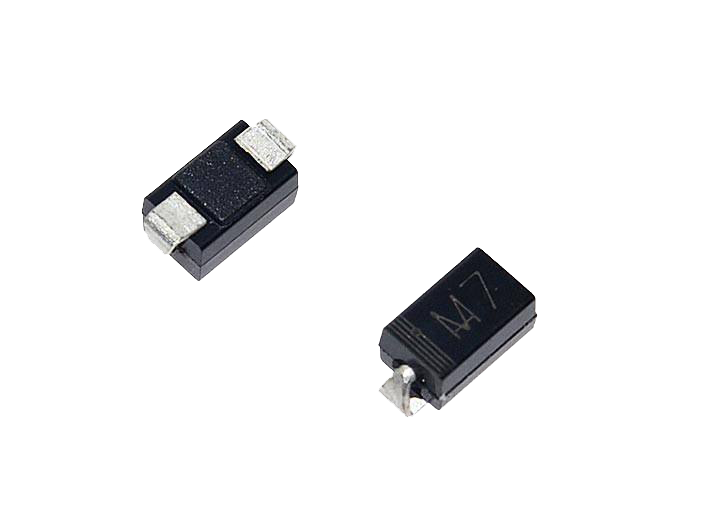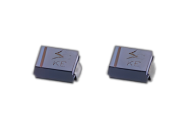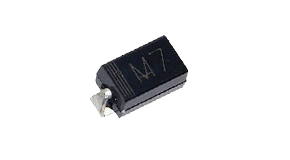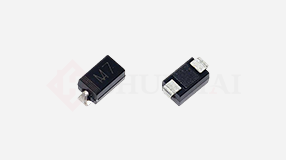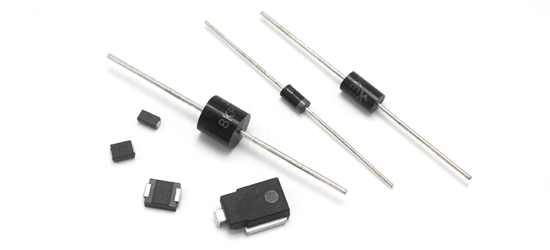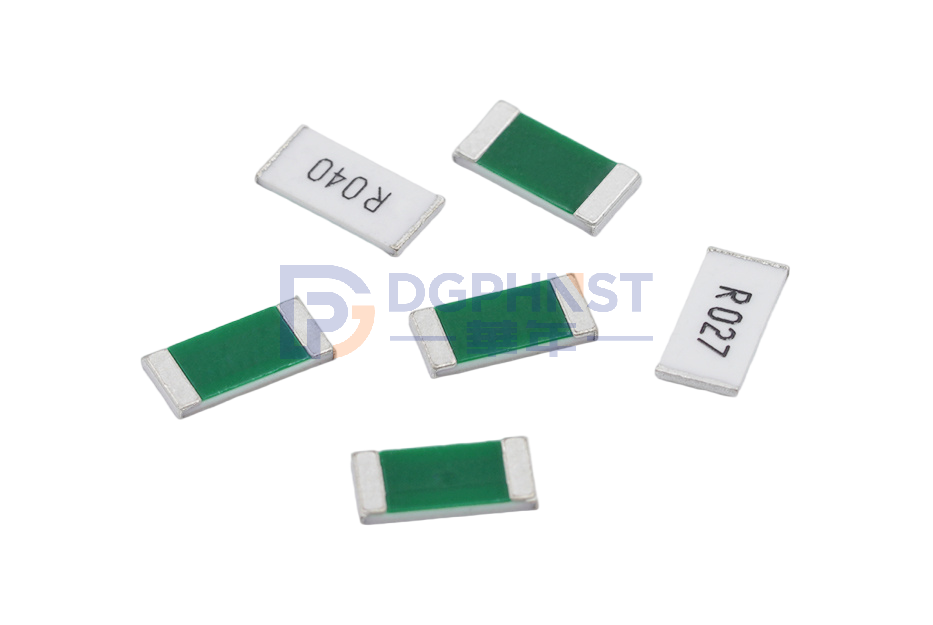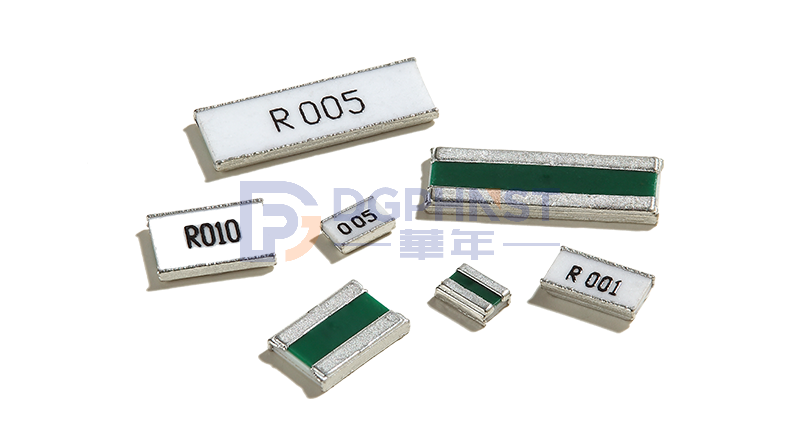Current sensing resistor is a special type of resistor used to measure the current in a circuit. Its working principle is based on Ohm's law, that is, current is equal to voltage divided by resistance. By connecting a current sensing resistor in a circuit, we can indirectly measure the magnitude of the current by measuring the voltage passing through it.
Current sensing resistors have various applications in circuits. First, it can be used to measure the current and help us judge whether the circuit works normally. For example, in a power circuit, we can determine whether the current in the circuit meets the design requirements by measuring the voltage on the current sensing resistor. Secondly, current sensing resistors can be used as current limiters. By adjusting the resistance value of the resistor, we can limit the current in the circuit and protect other components from overload and damage. In addition, current sensing resistors can also be used in current protection devices. When the current exceeds the set value, it will generate a voltage signal, triggering the action of the protection device to protect the circuit and equipment.
When selecting a current sensing resistor, we need to pay attention to some parameter characteristics. The first is the resistance value. We need to select appropriate resistance values based on the current range in the circuit to ensure measurement accuracy. If the resistance value is too small, the voltage drop on the current sensing resistor may be very small, leading to an increase in measurement error; If the resistance value is too large, the voltage drop of the current sensing resistor itself will also increase, affecting the performance of the circuit. Next is the power dissipation capability. The current sensing resistor needs to be able to withstand the power in the circuit to avoid overload and damage. In addition, parameters such as temperature coefficient and frequency response need to be considered to ensure the stability and accuracy of current sensing resistors under different operating conditions.
In order to choose a good current sensing resistor, we can consider the following points. Firstly, determine the current range and accuracy requirements based on actual needs to determine the required resistance value and accuracy level. Secondly, understand the characteristics and performance of current sensing resistors of different brands and models, and compare their advantages and disadvantages. You can refer to the evaluations and experiences of other users to choose trusted brands and suppliers. Finally, it is recommended to conduct actual testing and verification before purchasing to ensure that the selected current sensing resistor meets the requirements.
Current sensing resistor brand recommendation:ELLON
Click on the image to enter the selection center
To sum up, the current sensing resistance is a special resistance used to measure the current in the circuit. Its working principle is based on Ohm's law. It can be used in circuits to measure current, limit current magnitude, and protect the circuit. When selecting, we need to consider parameter characteristics such as resistance value, power dissipation capacity, temperature coefficient, and select suitable current sensing resistors based on actual needs.

